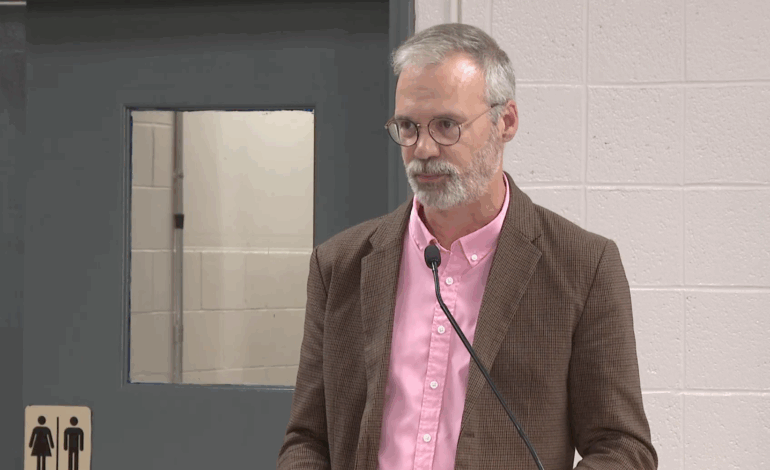
The Southwest New Brunswick Service Commission (SNBSC) has reduced the amount some municipalities in Charlotte County will pay as part of its new budget.
Hollis Bartlett, the SNBSC’s executive director, said because the province froze property assessments this year – the sole funding received by municipalities in New Brunswick – it was asked to take a closer look at the budget to reduce cost.
“We’re able to do that without actually cutting back any services,” he said, speaking with The Courier.
The SNBSC cut a position related to tourism promotion in favour of a different approach.
“The result was it’s going to cost a lot less money, and because it costs less money, I could have more regional services support funds available to me,” he said.
In the end, the commission was able to reallocate the funds to other areas it wasn’t maximizing, which he explained significantly reduces the cost to members.
“It made a big difference,” he said. “I think that was helpful.”
A reduction in cost to SNBSC commission lessens the burden on tax payers, Bartlett explained.
“Therefore less pressure on municipal budgets, which hopefully, translates to good news for the actual taxpayers,” he said.
In 2023, the provincial government under then-Premier Blaine Higgs undertook local governance reform. Amalgamating several municipalities with some rural areas. The mandates of the regional service commissions were expanded as a result.
Those included economic development, community development, tourism promotion, regional transportation, and local infrastructure cost-sharing.
One example was the wildfire resiliency plan. The SNBSC applied on behalf of all municipalities in Charlotte County, which resulted in a lower cost. Each municipality will get their own chapter, Bartlett told The Courier a few months ago.
Largely, the SNBSC handles solid waste. Five million of its $8.36 million dollar budget is for operation of the Hemlock Knoll landfill.
“It’s a capital intensive operation to run, but what I think gets lost a lot of times, even though it’s a $5 million operational expense at the landfill, the actual residents, and what we actually bill the municipalities, is less than 20 per cent of that,” he said.
Most of that comes from revenue collected through several programs at the landfill, including accepting foreign waste.
As far as transportation, the SNBSC supports Dial-A-Ride, a local non-profit that helps people get to and from medical appointments for a $5 monthly fee or a small cost based on distance.
“They’ve done, year to date, over 8000 rides,” he said.
The organization will be hiring a communications officer as part of the restructuring, Bartlett explained.
“It’s more storytelling, we want them out in the community on a very regular basis to grab stories and videos and things like that, to talk about all of the different things that we have to offer in [the] southwest,” Bartlett said.
He said he felt it hasn’t done a good job communicating what the service commission undertakes, but feels the community deserves to know as it affects them.
In total, St. Stephen is expected to be charged $186,587 in total, with a net rebate of about $46, 241.
In Saint Andrews, the municipality is expected to be charged $108,365, with a net rebate of $27,984.




